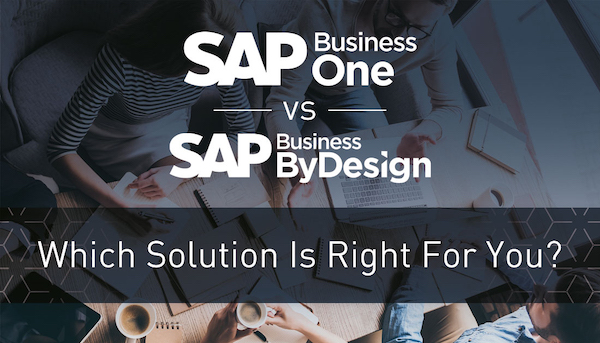Business today is all about working smarter, not harder. For companies that need to send and receive information quickly, traditional methods like paper documents or emails are too slow and prone to mistakes.
Delays can cost time and money in the world of logistics, payments, and orders. But what if there was a way to automate these exchanges and make them seamless?
Thanks to advanced data-sharing technologies, companies are now able to streamline their daily operations. From sending invoices to receiving shipping notices, businesses can automate these interactions, making them faster and more reliable than ever before.

What Is Electronic Data Interchange?
It is the automated exchange of business documents between companies. It replaces traditional paper-based communication, making the transfer of information faster and more reliable. Businesses use this technology to share important files, such as purchase orders, invoices, shipping notifications, and more. The beauty of automated data sharing lies in its simplicity.
Transitioning to Advanced Solutions
Moving to an advanced digital data solution can be a game changer. However, the transition may require planning and investment. Many companies turn to professional service providers to help implement and manage these systems, ensuring a smooth and efficient process.
Well, Business Efficiency and EDI are closely related terms. And these experts can provide you with result-driven solutions to meet specific needs. They can provide you with ongoing support and ensure compliance with industry standards. By working with a trusted partner, you can eliminate the complexities of manual processes and fully embrace automation for better results.
The Future of Data Exchange: What to Expect
As technology advances, so will electronic data solutions. Here are some key trends that will shape the future of digital business transactions:
1. Cloud-Based Data Interchange
Cloud technology is becoming the norm for many business applications, and digital data transfers are no exception. Cloud-based systems allow companies to access their information anywhere, anytime. They are scalable, meaning you can grow without worrying about hardware limitations.
Cloud-based systems also offer better security. Encrypted data and automatic backups ensure that your company’s information is safe from cyber threats.
2. Integration with Artificial Intelligence (AI)
AI has already transformed many areas of business, and it’s starting to impact data-sharing systems as well. With AI, companies can automate even more processes. For instance, Artificial Intelligence can help identify patterns in the data, predict demand, and optimize inventory management.
Imagine a system that processes your purchase orders and analyzes them for potential savings or efficiency improvements. AI will help businesses take digital data solutions to the next level, making decisions faster and smarter.
3. Increased Data Security
With more data being exchanged digitally, you must ensure your information is secure. The future of automated data sharing will include stronger encryption, better authentication methods, and stricter compliance with data protection laws.
Advanced systems will also offer real-time monitoring and alerts, allowing companies to quickly respond to potential security threats. This level of protection is critical as cybercrime becomes more sophisticated.
4. Blockchain for Transparency
Blockchain technology is all about creating a transparent, tamper-proof record of transactions. When applied to automated data exchange, blockchain can help ensure that all data transfers are secure and traceable. This adds a new layer of accountability and trust, especially in industries where compliance and audit trails are crucial.
For example, businesses in the food or pharmaceutical industries could use blockchain-powered systems to trace every step of their supply chain. This would ensure full transparency from the raw material source to the final product delivery.
Benefits of Automated Data Transfer for Business Efficiency
If you are wondering how these solutions directly impact business efficiency, here are some key benefits:
Reduced Paperwork: No more printing, faxing, or scanning. Digital document exchanges eliminate the need for physical documents, which reduces clutter and waste.
Faster Transactions: Since everything is automated, transactions happen instantly. This speeds up everything from order processing to payment.
Fewer Errors: Human error is a common problem in manual data entry. With an automated system, data is transferred electronically, reducing the chance of mistakes.
Better Relationships with Partners: These systems ensure that transactions are smooth and timely, which strengthens relationships with suppliers, partners, and clients.
Cost Savings: By streamlining processes, companies can lower operational costs. Fewer errors and faster transactions mean less money spent on corrections and delays.
Final Words
The future of data exchange is promising, with technology continuing to advance and streamline business operations. Adopting modern data solutions allows you to remain agile and adapt to an increasingly digital landscape. Embracing these technologies simplifies processes and prepares companies for future growth and challenges. As the business world evolves, leveraging automation and innovation will be key to maintaining competitiveness and driving success. Now is the time to explore these opportunities.





